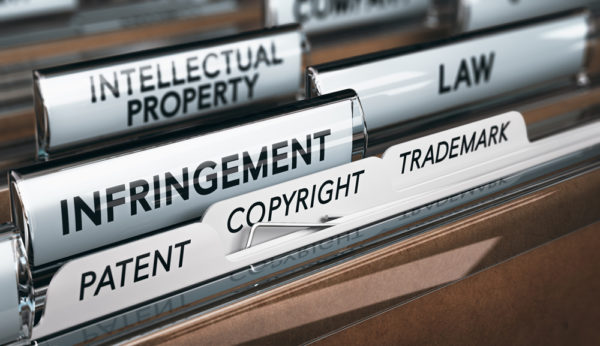We have a fixed-fee structure for our work. But before any fees, we’ll first schedule a consultation to learn more about your situation. The session is free and there are no obligations to use our services afterwards. We’ll provide clear and honest legal advice along with a fixed-fee quote for our work.
Specialist Intellectual Property Lawyers
No suits and ties. No stuffy corporate vibe.
Just exceptional service from our leading intellectual property lawyers. We protect and enforce your IP in the UK, Europe and across the world.






